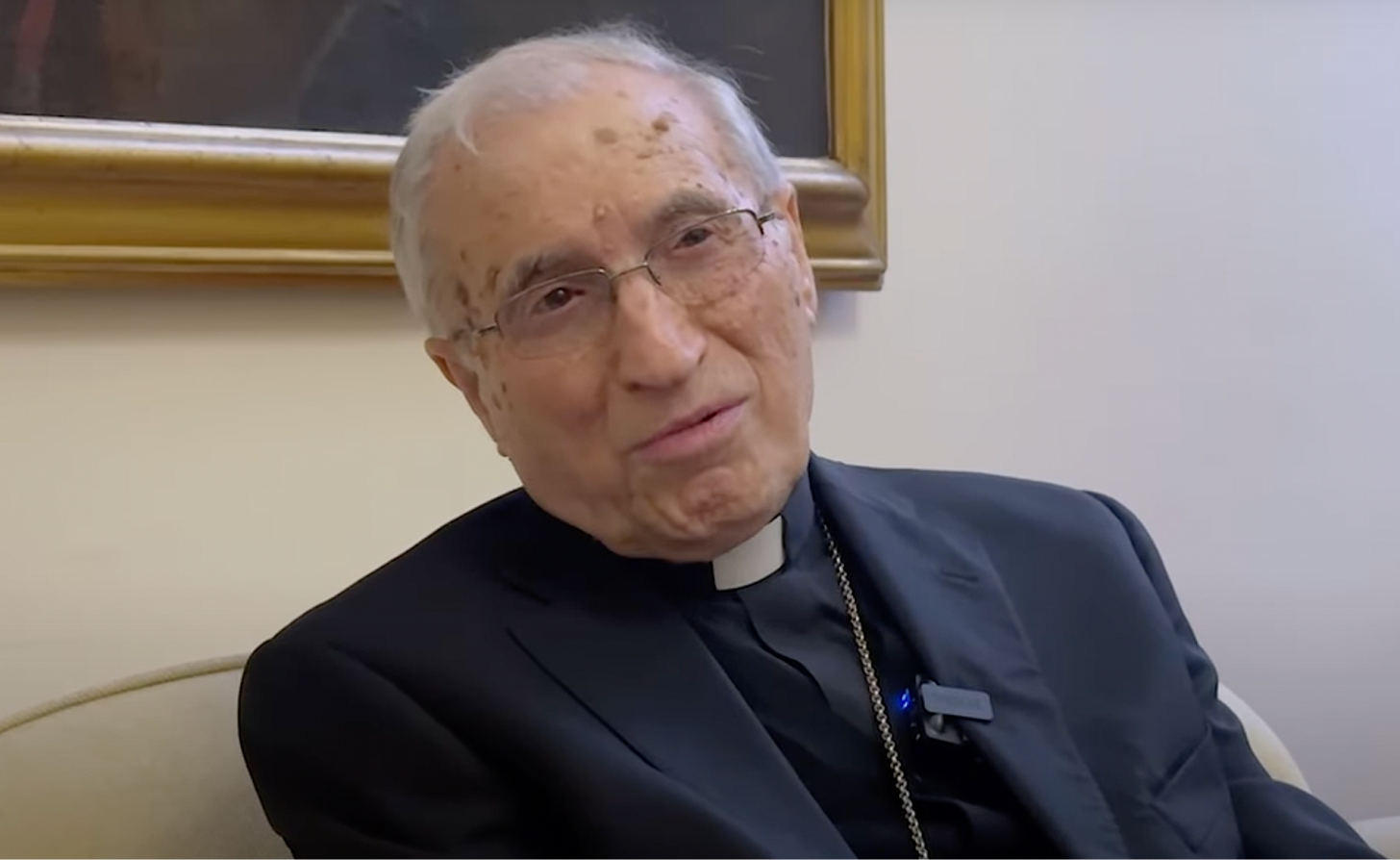‘Have confidence the Lord does not abandon His Church’: Cardinal Rouco on the conclave
After voting in two conclaves, Cardinal Antonio María Rouco Varela says he's 'relieved' not to be going into a third
After serving as a cardinal elector in two conclaves, Cardinal Antonio María Rouco Varela, archbishop emeritus of Madrid, is now in Rome as a non-elector—a role that, in his own words, has left him “relieved.”
Non-elector cardinals still play an active role in the general congregations, a…

